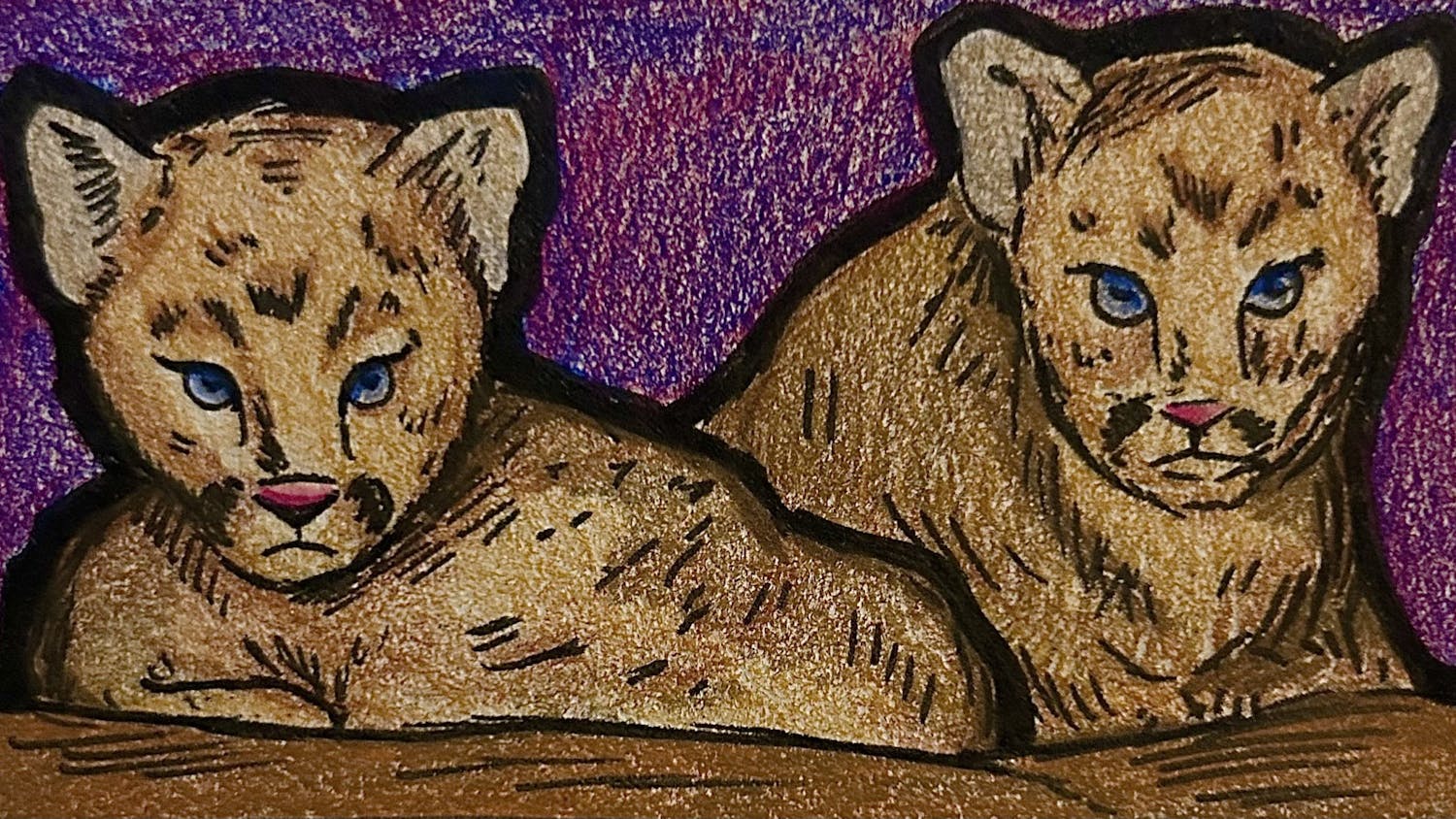Classrooms have changed significantly over the past 20 years as new and improved technologies become available, and these changes may come with consequences that affect students and faculty alike.
The University of Wisconsin-Madison is following the lead of top-tier schools like Berkeley, MIT and Stanford by offering massive open online courses (MOOCs) any person with a computer and an Internet connection can access for free.
“Right now, we are treating the pilots like an experiment,” said Dr. John Hawks, a professor in social sciences who will be teaching a MOOC next January. “After the first round of courses is done, we will meet and decide whether they have met desired outcomes.”
Some of these desired outcomes include a high number of students who follow through the class to completion, suitable funding from the University to support the program and postive responses from professors heading every course.
UW-Madison has offered long distance learning courses for the past few years that allow enrolled students to take classes online for credit. To take these courses to satisfy graduation requirements and work towards a degree, students must pay the appropriate tuition and get department permission.
There are many differences between a distance learning course and a MOOC. According to Theresa Pesavento, an instructional technology consultant with the School of Letters and Sciences, some of the main differences are the scope of the course, audience and relationship between professor and student.
“The range of audiences is much larger with MOOCs,” Pesavento said. “In traditional lecture settings, the professor has more leverage because the student is beholden to the professor for a good grade.”
Pesavento also believes the current standard of secondary education may be at risk with the induction of MOOCs.
“A student cannot earn degree credits by taking a MOOC, and it doesn’t fill any prerequisites toward getting a college degree,” she said. “If someone can get a Stanford education for free online, who decides what the value of a degree is?”
A possible solution to this problem would be to assign the value of a MOOC through different kinds of accreditation. “It would be almost like creating another level of college education, but free,” professor Hawks said.
“If you complete a certain set of courses, you might get a certificate or some kind of unpaid accreditation.”
Offering MOOCs comes with other caveats, like a high dropout rate and the potential for students to cheat. When enrollment is made free and open to anyone interested, huge numbers will enroll but relatively few will follow through the course to its completion.
“A lot of people are satisfied with just a small amount of content,” Hawks said. “Sometimes life just gets in the way.”
In spite of the potential problems that may come about as a result of UW offering MOOCs, Hawks is looking forward to teaching them.
“It enables me to do things that I’d never be able to do inside a classroom,” he said. “A lot of my work relies on field-oriented research, and with MOOCs I can take them there over the internet.”
Sam Hokin, a professor in UW’s physics department, is currently taking a MOOC hosted by MIT. “Honestly I think it’s one of the best things to happen in education,” Hokin said.
Hokin does not think MOOCs pose a threat to traditional attendance.
“The amount of work you can do in online courses toward a degree is maybe 20 percent of what you can do taking classes on campus,” Hokin said. “In order to create learning skills, students need to be in front of an actual person.”
Professor Hawks does not know what the future will bring, but he feels that change is inevitable.
“It’s going to look like a different pattern of education,” he said. “We’re going to get better at what we do well.”





